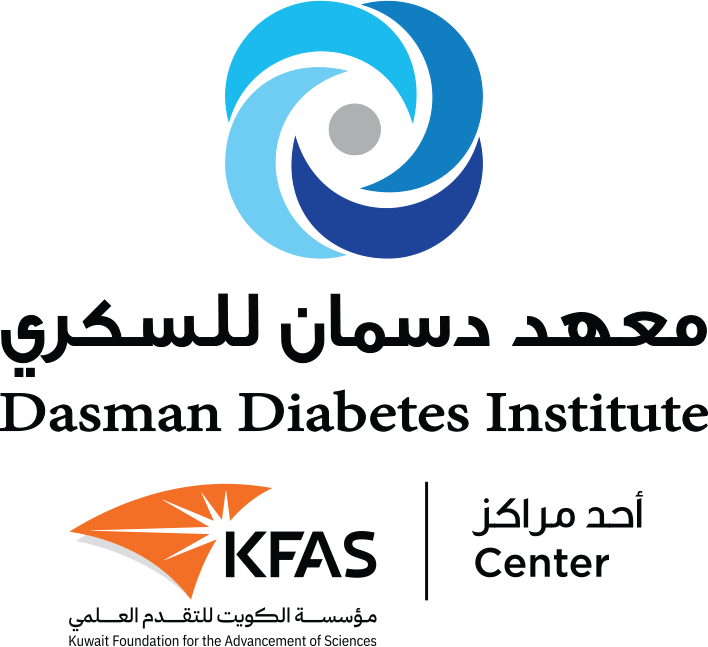Our Office for Regulatory Affairs (ORA) supports senior management, staff, students, and trainees in their commitment to follow DDI policies and standards of conduct to ensure they act ethically and in compliance with all applicable Ethics Committees laws’ and regulations. The Office’s responsibilities include:
- Overseeing and coordinating the efforts of the Ethical Review Committee (ERC) and Animal Care & Ethics Committee (ACEC).
- Identifying regulatory compliance obligations of research activities.
- Ensuring that the principal investigators and their team members are trained for conducting research according to the policies and procedures of DDI and Good clinical practice as per the ICH guidelines.
- Monitoring and auditing of ethical aspect of research activities.
- Establishing procedures to prevent, investigate, and correct non-compliance in research activities.
- Investigating and resolving compliance issues.
Scope and Responsibilities
Research-related relationships are reviewed and assessed by the ERC and ACEC to determine whether an actual conflict of interest exists. If an actual conflict is found, the ORA will work to manage, minimize, or eliminate the research-related conflict of interest by creating and approving a conflict management plan that may include one or more of the following:
- Requirement of appropriate disclosure language on the subject consent form.
- Requirement of changes to the consent of subjects’ process (for example, PI/investigator may not individually consent subjects).
- Requirement of full disclosure to entire research team.
- Requirement of data management plan and/or second party objective analysis of results.
- Requirement of disclosure of the conflict relationship in publications.
ORA Structure
ORA overlook 8 main regulatory affairs. These are:
- Ethical Review Committee.
- Animal research.
- Research compliance (Biomedical research/Population heath research/Clinical research).
- Research Ethics policy and procedures.
- Research integrity (grievance, ethical violation, misconduct, conflict of interest).
- Clinical trial research administration.
- Research document management.
- Cellular based research.


